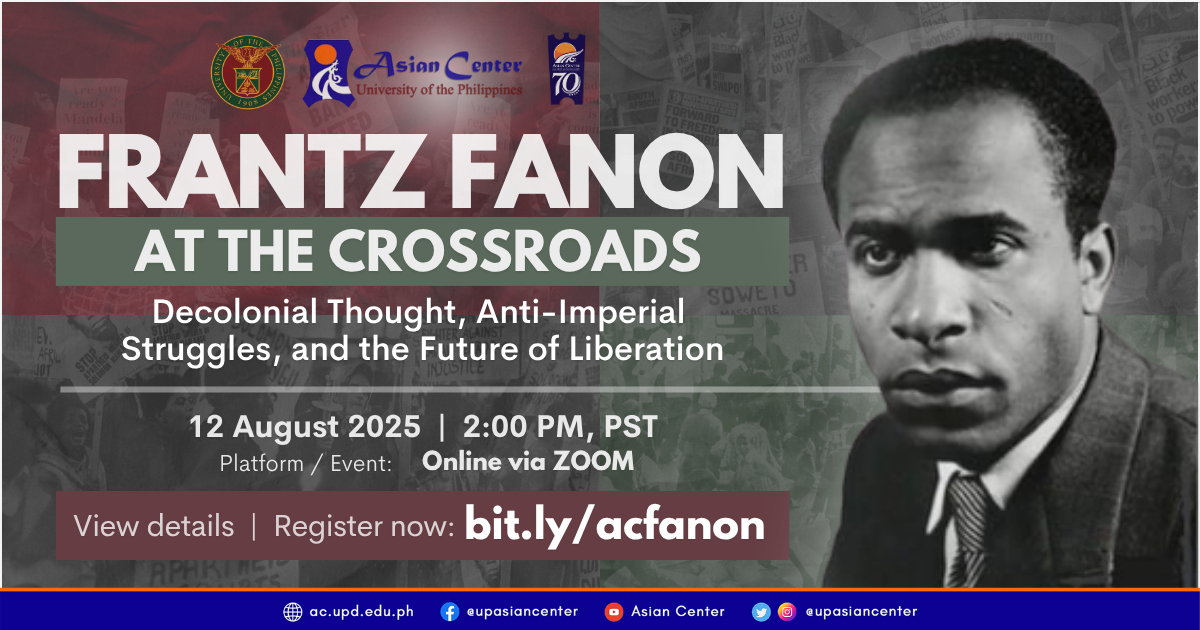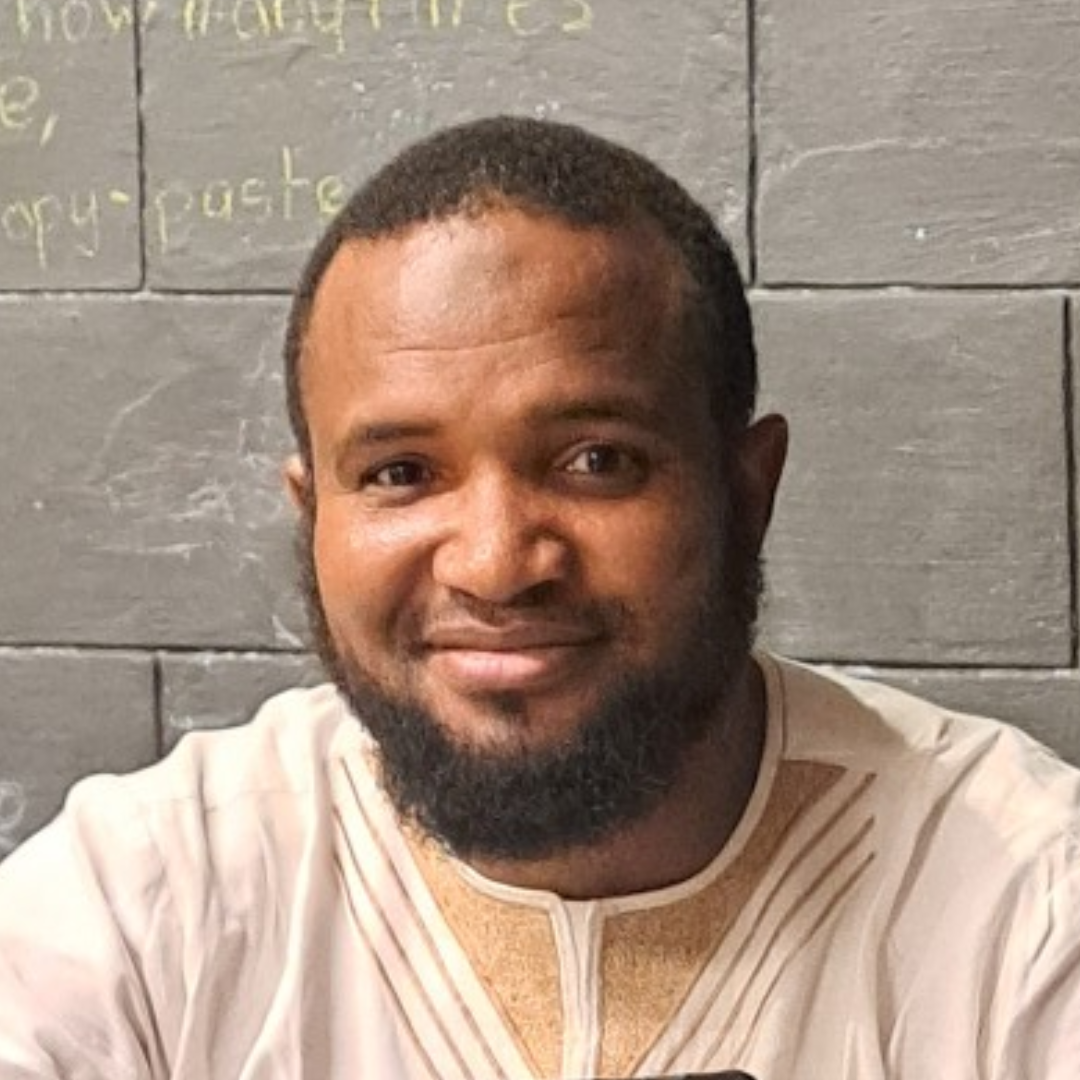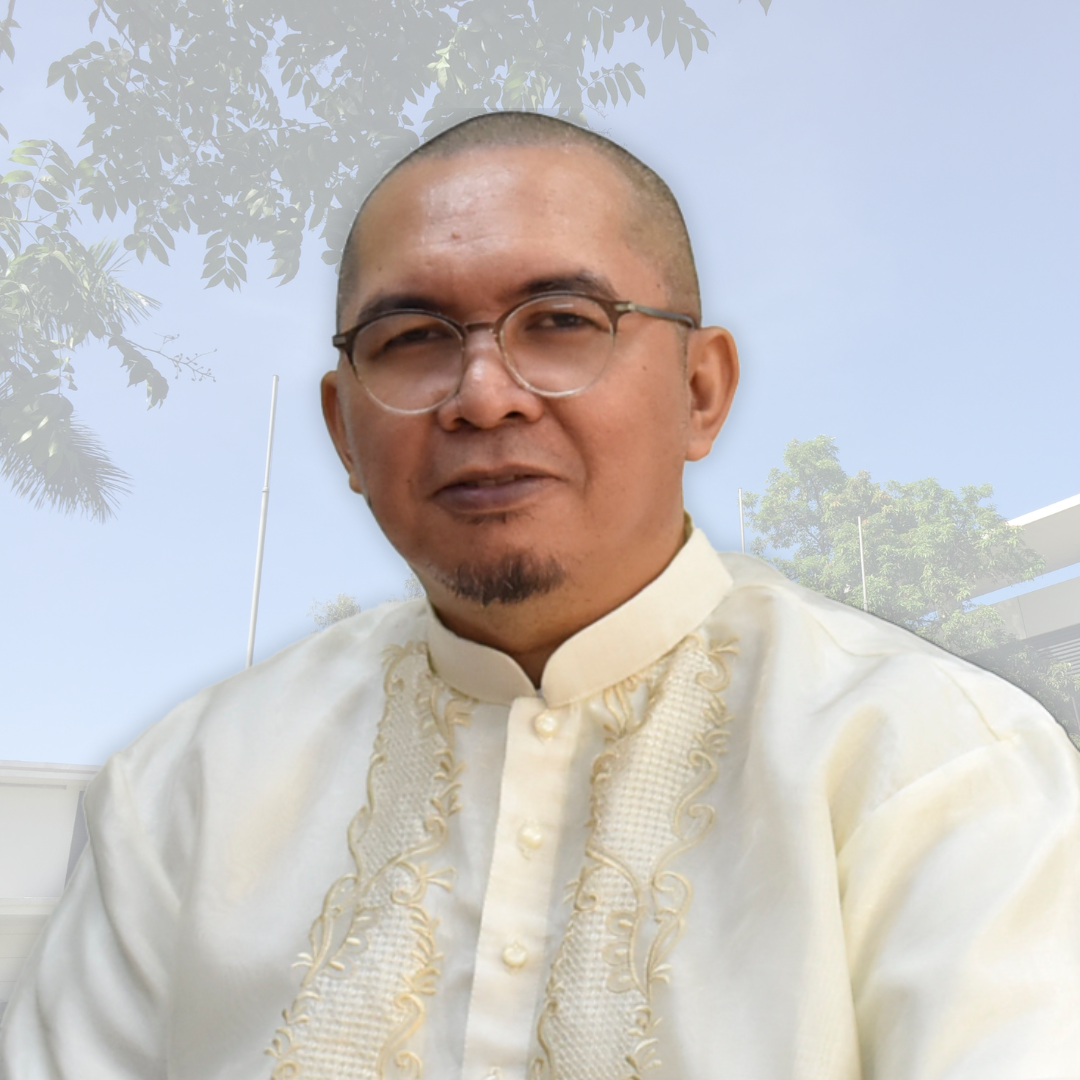![]()
![]()
![]()
![]()
![]()
The UP Asian Center is organizing the online roundtable, “Frantz Fanon at the Crossroads: Decolonial Thought, Anti-Imperial Struggles, and the Future of Liberation” on 12 August 2025, 2 PM to 4 PM (GMT+8), online via Zoom. The event is free and open to the public, but signing in to a (free) Zoom account is required.
ABOUT THE ROUNDTABLE
A psychiatrist and a revolutionary, Frantz Fanon was one of the most influential theorists of anti-colonial liberation in the 20th century. His writings, particularly Black Skin, White Masks and The Wretched of the Earth, exposed the psychological violence of colonialism, the failures of nationalist elites, and the need for a complete reimagining of society in the wake of imperial rule. While Fanon’s legacy has been most closely associated with the African and Caribbean struggles of his time, his influence extended across the rest of the Global South including Asia. Yet, within many Asian contexts, Fanon's thought remains underexplored, despite its deep relevance to shared colonial histories, and contemporary forms of oppression.
This roundtable gathers scholars from different regions of the Global South to commemorate Fanon’s 100th birth anniversary by revisiting his life, work, and legacy in shaping our understanding of today’s postcolonial realities. Though he did not directly write about Asian experiences, it aims to explore how Fanon influenced early thinkers and thoughts on sovereignty, anti-imperialism, and critical theory and how these ideas inform contemporary ideas and perspectives. It also seeks to critique and spark a conversation on how Fanon’s critique of colonial violence, nationalism, and cultural alienation speaks to the present and how postcolonial societies can strengthen present-day Global South solidarity. By bringing together perspectives from different parts of the world, the roundtable seeks to offer a space not just for remembrance, but for the rethinking and reimagining our present—a search for liberatory futures in a time when the afterlives of empires continue to shape everyday realities.
ROUNDTABLE QUESTIONS
The program aims to discuss the following:
-
How would you describe the impact of Fanon’s work in your discipline or geographic area of study? To what extent did his ideas influence the development of postcolonial thought? How relevant are Fanon’s ideas today?
-
What do you think are the challenges faced by decolonial thought, anti-imperialist movements, and Global South solidarity? How do you think we can overcome these challenges?
-
Moving forward, what would be an ideal form of South-South solidarity look like today amid the continuing postcolonial states’ struggle against the climate crisis, genocide, and rising global authoritarianism?
-
ABOUT THE SPEAKERS
CAROLINE M. SCHÖPF, Ph.D.
Assistant Professorial Fellow, UP Diliman
Caroline M. Schöpf is an Assistant Professorial Fellow at the University of the Philippines Diliman. Her main research interests are decolonial approaches to migration studies, intellectual imperialism, and academic dependency. She has successfully completed her Ph.D. at Hong Kong Baptist University. Setting migration studies into a dialogue with decolonial approaches, her PhD project comparatively analyzes labor market privilege of White Western migrants in Hong Kong. Her work has been published in international journals. She also convened the 2017 and 2018 workshops ‘Global South Perspectives: Towards decolonization, de-stratification and de-centralization of social knowledge production,’ has organized multiple sessions on Decolonial and Southern Theory at the American and International Sociological Association, and has been serving as guest editor at Third World Quarterly and Social Transformations: Journal of the Global South.
TAUFIQ HANAFI, Ph.D.
Lecturer and Researcher, Universitas Negeri Malang, Indonesia
Taufiq Hanafi is a scholar of cultural politics, knowledge production, and state violence. He received his PhD from Leiden University and has held postdoctoral fellowshps at the Royal Netherlands Institute of Southeast Asian and Caribbean Studies (KITLV) and the Department of Asian Studies, Hebrew University of Jerusalem (HUJI). He is currently a lecturer and researcher at the Universitas Negeri Malang, Indonesia.
DIKKO MUHAMMAD, Ph.D.
Lecturer, Umaru Musa Yar'adua University, Nigeria
Dikko Muhammad is a lecturer at the Department of English and French, Umaru Musa Yar’adua University in Katsina, Nigeria. His teaching and research interests span African literature, literary theory, postcolonial studies, and cultural criticism. He is particularly engaged in exploring indigenous knowledge systems, language politics, and identity formation within African literary traditions. He has published scholarly and opinion pieces in academic journals and media platforms, contributing to ongoing conversations around decolonization, literature, and the role of language in shaping cultural consciousness. In addition to his academic work, he is active in public discourse on education and literature in Nigeria.
NOEL CHRISTIAN A. MORATILLA, Ph.D.
Dean and Associate Professor, Asian Center, UP Diliman
Dr. Noel Christian A. Moratilla is the Dean and an Associate Professor at the Asian Center, University of the Philippines Diliman. He earned his Ph.D. in Philippine Studies in 2015, after completing an MA in Education from the same university. Before he was appointed Dean, he served as Deputy Director of the UP System Office of International Linkages. He is an advocate for the rights of Filipino migrant workers and promotes the alignment of internationalization initiatives with national priorities. Dr. Moratilla's academic interests lie in resistance literature, Marxist and postcolonial theory, testimonial narratives, and diaspora studies.






